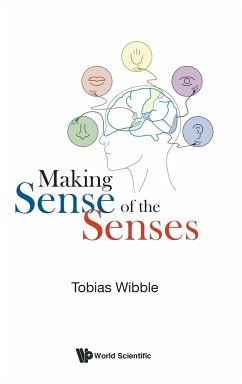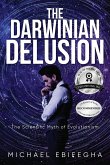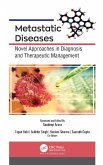Making Sense of the Senses provides an easily understandable and engaging overview of the senses. The book allows readers insights into how humans and other animals perceive the world, reflecting a level of knowledge similar to that acquired by studying neuroscience at an undergraduate level. In order to offer an accessible introduction to the science, it uses relatable examples to uncover the history, evolution, and biological principles of the way we see, smell, hear, taste, touch and more. Rather than only focusing on the five primary senses you can see on the cover, Making Sense of the Senses dives deep into the various methods through which life across the planet surveys the world, and guides the reader through the lesser-known methods through which we humans interpret our surroundings. In this way, we come across some amazing abilities that we often forget we possess. Humans are nevertheless rather average creatures compared to many sensory specialists. So when we compare our relatively modest capabilities to those of other species across the animal kingdom, we are forced to yield our anthropocentric sense of supremacy. This book will introduce how biological life developed the capacity to detect magnetic fields, radioactivity, and many more phenomena that until recently were inaccessible to humans. By contextualising and comparing how the senses operate, this book covers the sensory systems in a way no popular science book has previously done. If you are starting your career in neuroscience, or simply want to learn more about the ways our biology guides us through life, Making Sense of the Senses will change the way you think about our perception of the world.
Hinweis: Dieser Artikel kann nur an eine deutsche Lieferadresse ausgeliefert werden.
Hinweis: Dieser Artikel kann nur an eine deutsche Lieferadresse ausgeliefert werden.








